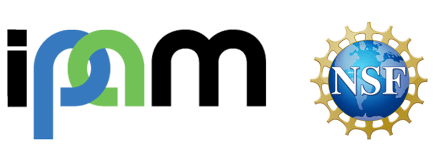SAGE (Software for Algebra and Geometry Experimentation) Days 3
Overview
SAGE is free and open software that supports research and teaching in algebra, geometry, number theory, cryptography, and related areas. Both the SAGE development model and the technology in SAGE itself are distinguished by an extremely strong emphasis on openness, community, cooperation, and collaboration. A key mechanism by which SAGE is developed is the biennial workshop known as SAGE Days, a meeting of SAGE programmers and researchers who use the software in their work. SAGE developers consist of people at every level, from undergraduates to graduate students and postdocs, up to permanent faculty.
Over the first year of its life, SAGE development has mostly focused on implementing basic functionality. This has involved creating a basic infrastructure that people can easily use, extend, and improve. As SAGE matures, more attention is now being paid to making SAGE more robust, and to make its core functionality as fast as possible. We hope to talk to people in applied mathematics and scientific computing, as well as various areas of computer science, and learn what people already know about these types of questions. SAGE is mature enough that its developers have meaningful questions about computational linear algebra, numerical methods, and other well-studied topics. Rather than struggle with these questions anew ourselves, we hope to bring in experts who can teach us what they know, and use that expertise to improve and extend SAGE.
Organizing Committee
Craig Citro
(University of California, Los Angeles (UCLA))
David Joyner
(U.S. Naval Academy)
Kristin Lauter
(Microsoft Research)
Nathan Ryan
(University of California, Los Angeles (UCLA))
William Stein
(University of Washington)
